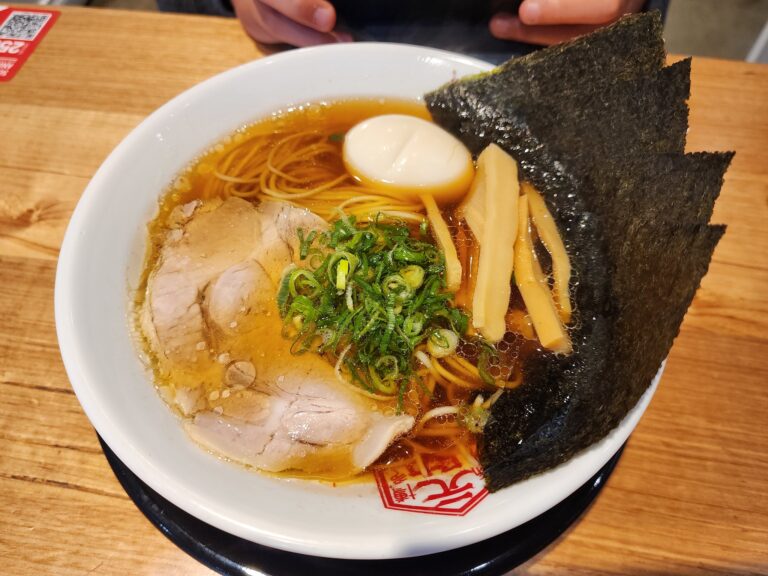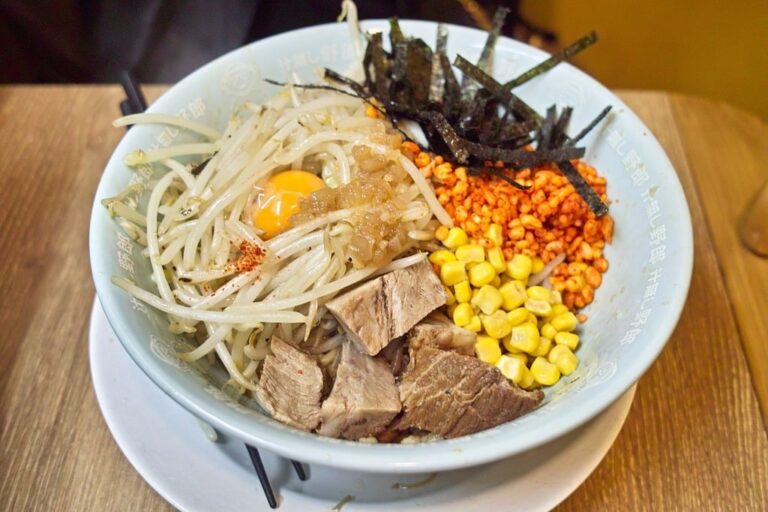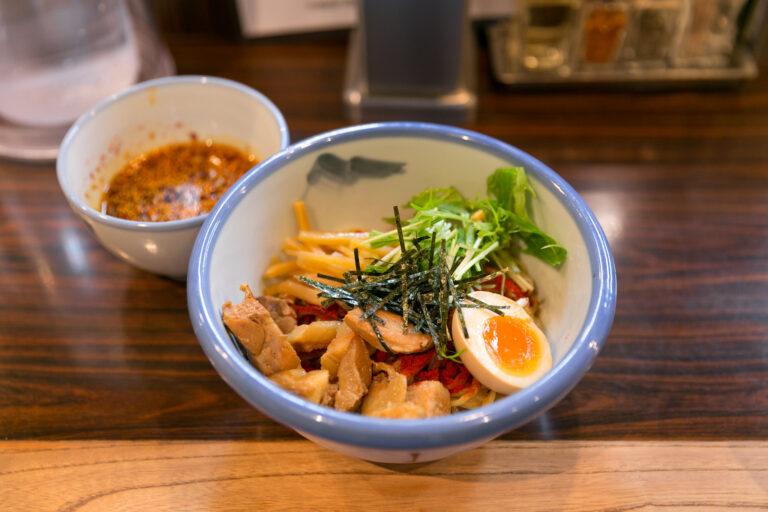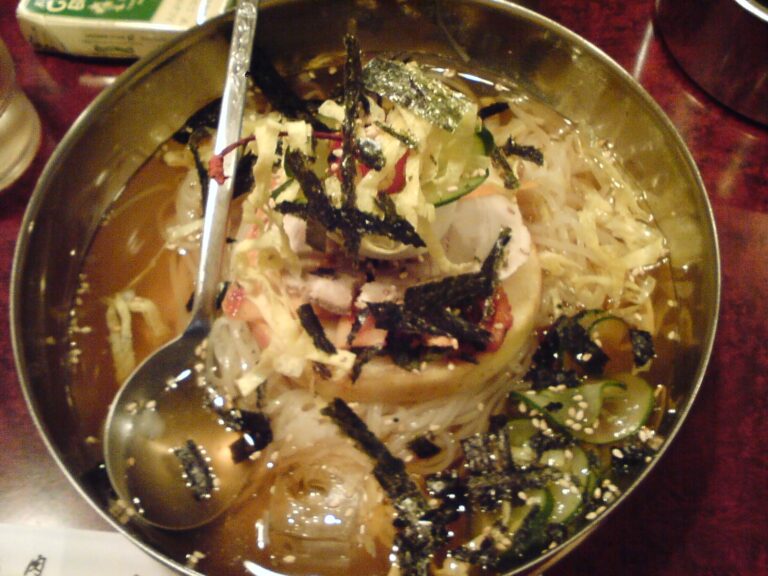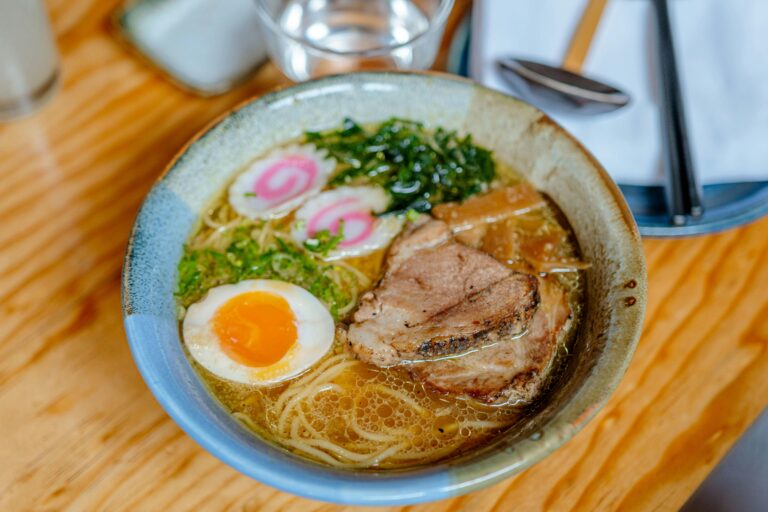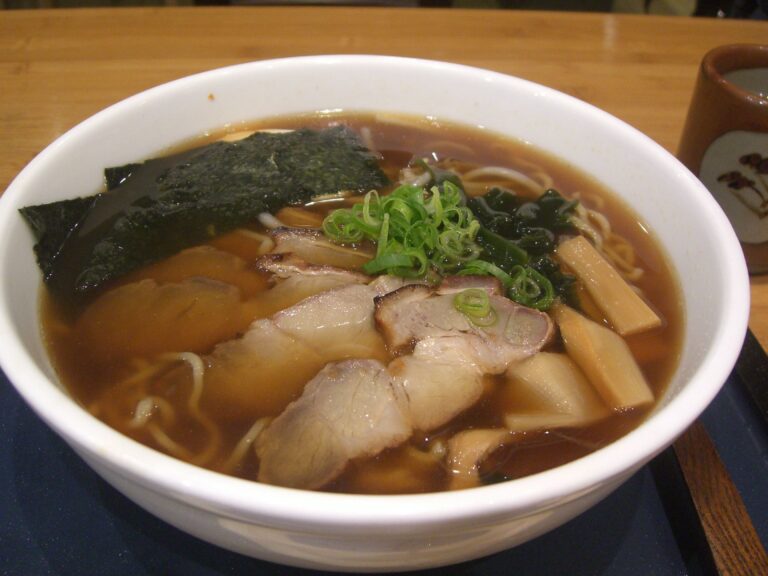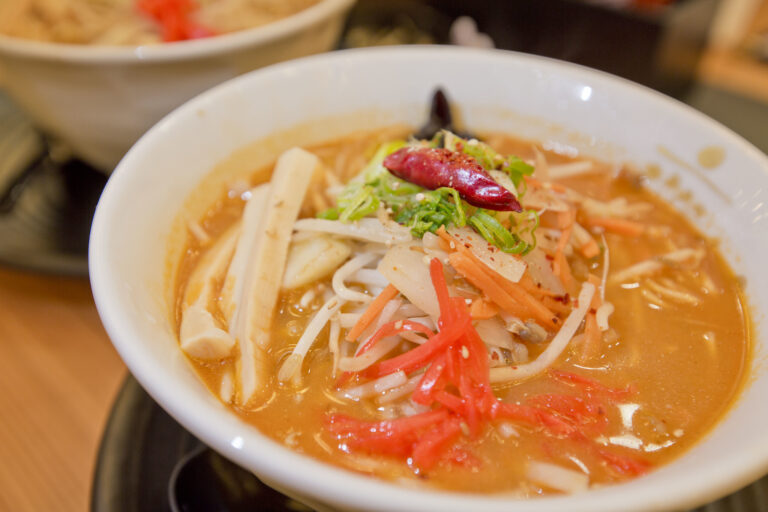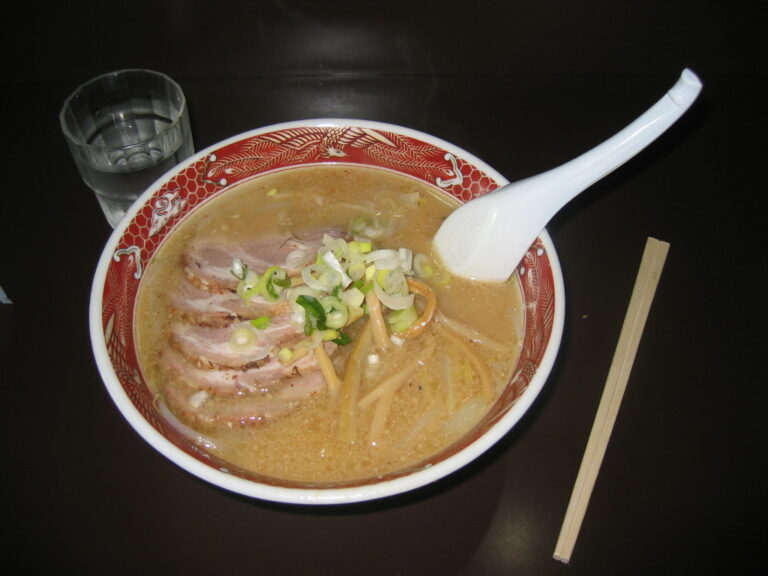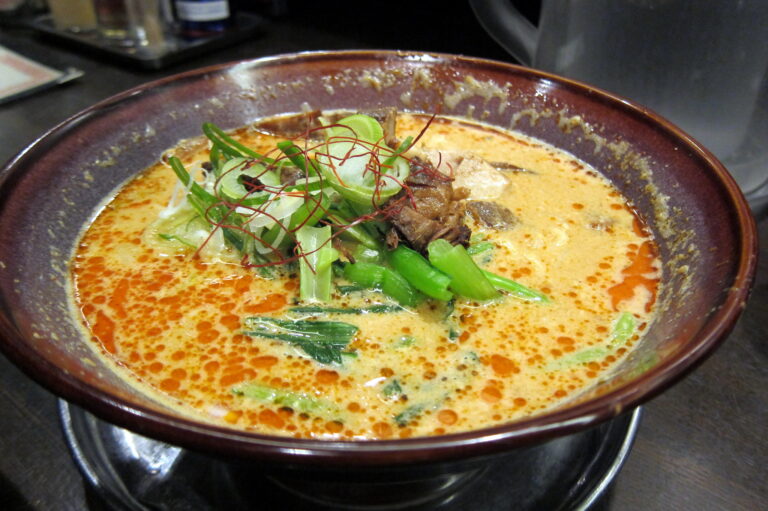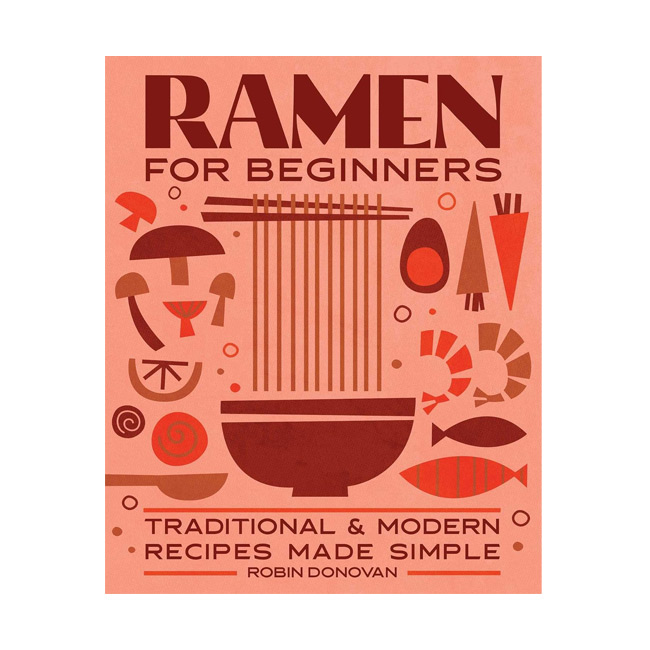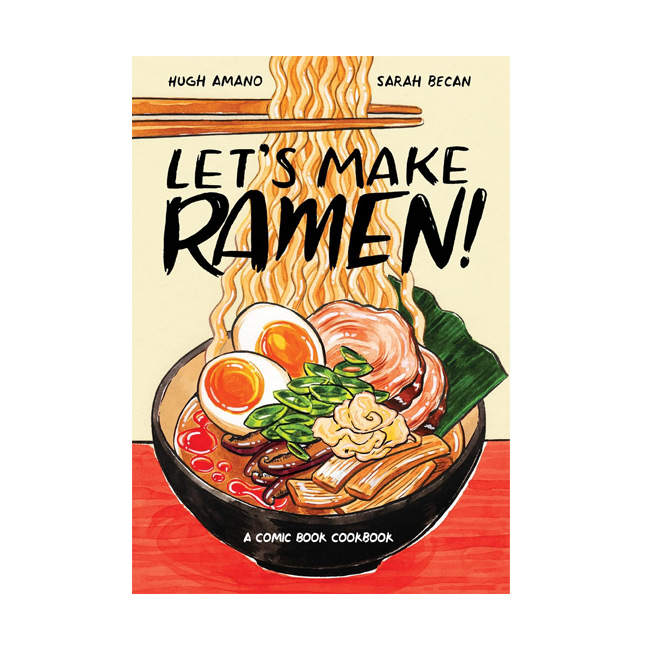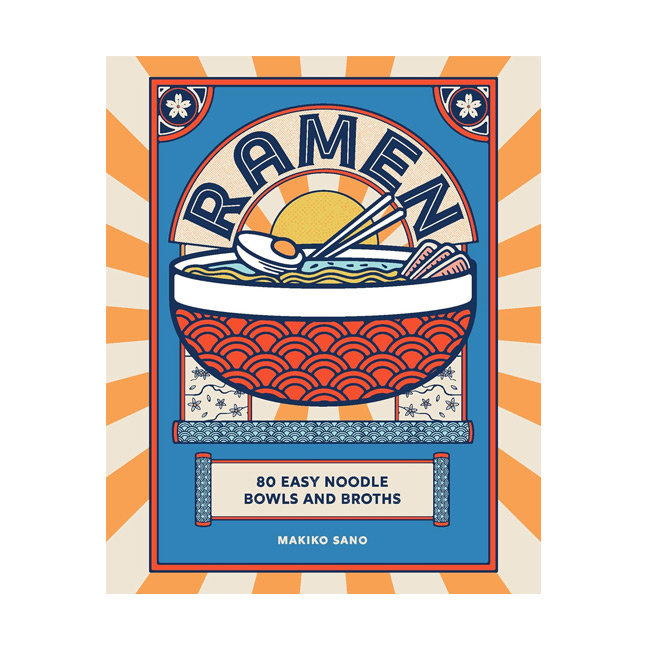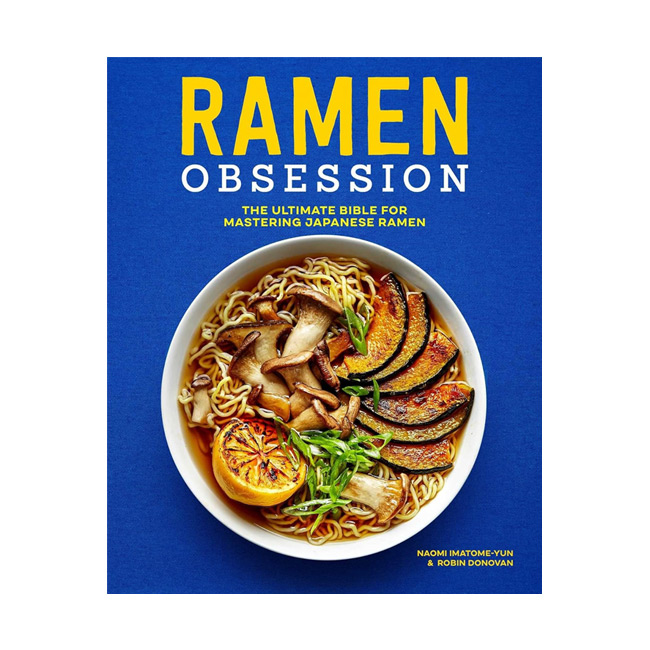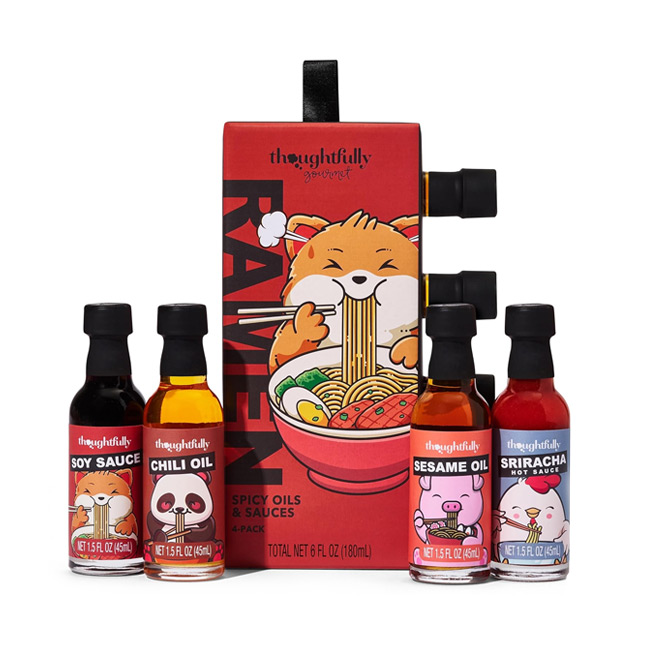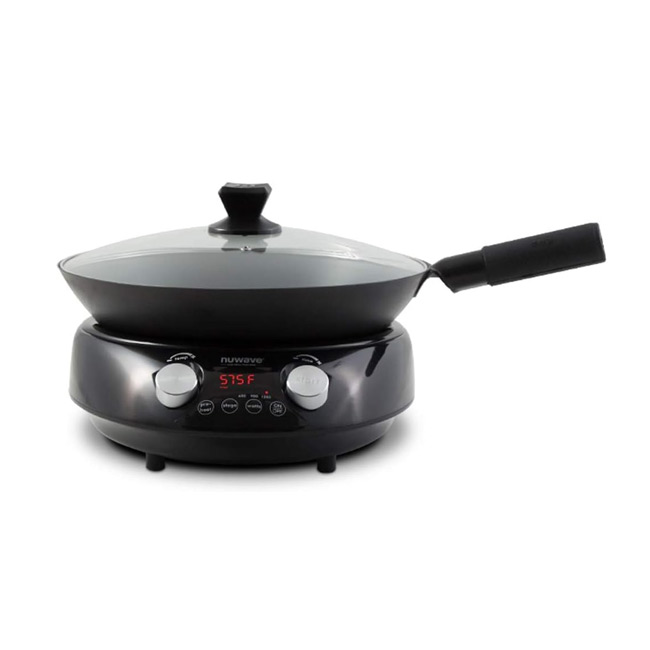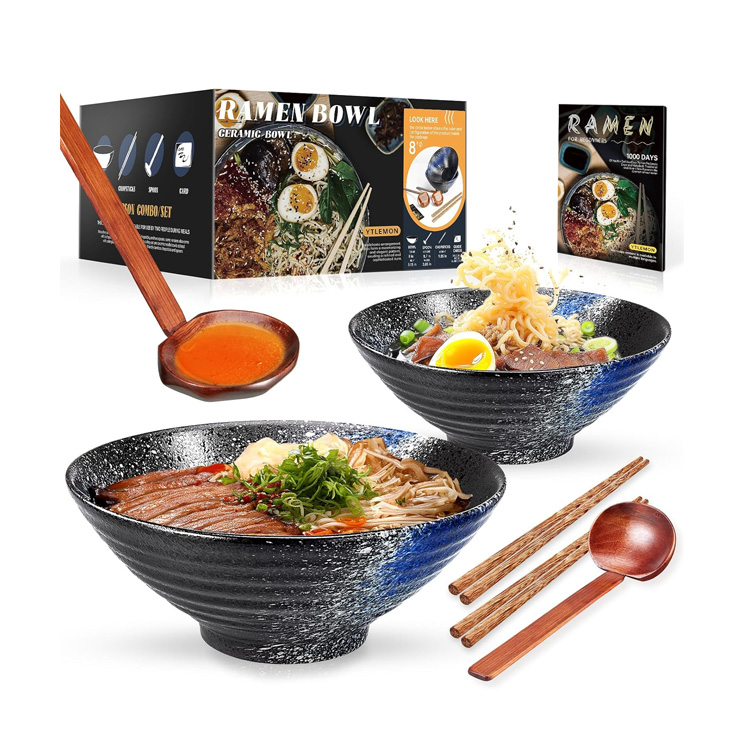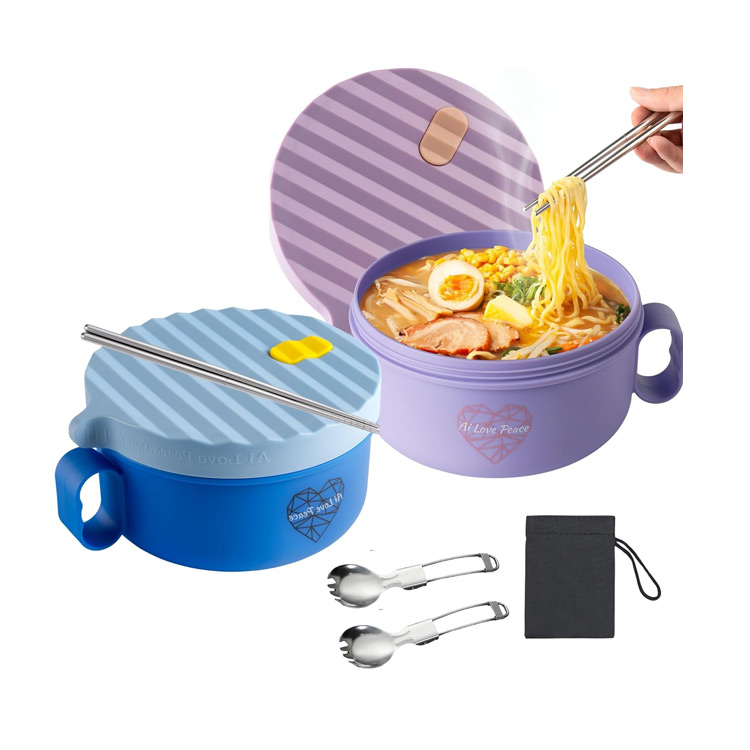Kimchi Ramen is a fusion dish that marries the rich, spicy, and tangy flavors of Korean kimchi with the comforting, savory goodness of Japanese ramen. This vibrant bowl of noodles is known for its bold and complex taste, derived from the fermentation of kimchi, which adds a distinctive sour and spicy kick to the ramen broth.
Kimchi Ramen is often enjoyed by those who appreciate a hearty, flavorful meal with a bit of heat. The dish combines the best of both worlds, offering a unique culinary experience that brings together the umami-rich essence of ramen with the robust and zesty character of kimchi.
Kimchi Ramen
Broth
The broth in Kimchi Ramen is a flavorful base that harmonizes the tangy and spicy notes of kimchi with traditional ramen ingredients. Typically made from chicken or pork stock, the broth is enhanced with kimchi juice, garlic, ginger, soy sauce, and sometimes a dash of gochujang (Korean chili paste) for added depth.
This creates a rich, spicy, and slightly sour broth that perfectly complements the other components of the dish. The fermentation process of the kimchi adds a unique complexity to the broth, making each sip a delightful exploration of flavors.
Kimchi Ramen
Noodles
The noodles used in Kimchi Ramen are usually medium-thick and chewy, designed to hold up well to the robust and flavorful broth. Made from wheat, these noodles absorb the spicy and tangy essence of the kimchi-infused broth, ensuring that each bite is packed with flavor.
The texture of the noodles provides a satisfying contrast to the smoothness of the broth and the crunch of the kimchi. Fresh or high-quality dried ramen noodles are preferred to maintain the integrity of the dish and to deliver the best possible taste and texture.
Kimchi Ramen
Toppings
Kimchi Ramen is typically garnished with a variety of toppings that enhance both flavor and texture. Common toppings include a generous portion of kimchi, sliced scallions, and a soft-boiled egg. Additional toppings such as nori (seaweed), sesame seeds, and thinly sliced pork belly or tofu can also be added.
These toppings not only add visual appeal but also provide a range of textures and complementary flavors that elevate the overall dish.
The kimchi topping, in particular, stands out, providing a crunchy and spicy element that ties the whole bowl together.
A brief history of Kimchi Ramen
Kimchi Ramen is a relatively modern fusion dish that combines elements of Japanese ramen and Korean cuisine, reflecting the growing trend of cross-cultural culinary experimentation.
While ramen has been a staple in Japanese cuisine for centuries, kimchi, a traditional Korean fermented vegetable dish, has gained international popularity for its bold flavors and health benefits. The integration of kimchi into ramen likely began in the late 20th century as global food cultures started to intermingle more freely.
This fusion dish has since become popular not only in Korea and Japan but also around the world, celebrated for its unique combination of flavors and its ability to offer a new twist on traditional ramen.
kimchi Ramen recipe
Ingredients For the Broth:
- 4 cups chicken or pork broth
- 1 cup kimchi, chopped, with some juice
- 2 tablespoons soy sauce
- 1 tablespoon gochujang (Korean chili paste)
- 2 cloves garlic, minced
- 1 inch ginger, minced
- 1 tablespoon sesame oil
Ingredients For The Toppings and Noodles:
- 4 packs of ramen noodles (fresh or dried)
- 1 cup kimchi, additional for garnish
- 2 soft-boiled eggs, halved
- 200g thinly sliced pork belly or tofu
- 2 scallions, sliced
- 1 sheet nori (seaweed), cut into strips
- 1 tablespoon sesame seeds
Instructions:
Prepare the broth:
- In a large pot, heat the sesame oil over medium heat.
- Add the minced garlic and ginger, sauté until fragrant (about 1-2 minutes).
- Add the chopped kimchi and cook for another 2-3 minutes.
- Pour in the chicken or pork broth, kimchi juice, soy sauce, and gochujang. Stir well to combine.
- Bring to a simmer and let it cook for 10-15 minutes, allowing the flavors to meld together.
Prepare the Noodles:
- While the broth is simmering, cook the ramen noodles according to package instructions.
- Drain and set aside.
Prepare the Pork Belly or Tofu:
- In a separate pan, cook the thinly sliced pork belly until crispy, or sauté the tofu until golden brown on all sides. Set aside.
Assemble the Ramen:
- Divide the cooked noodles into four bowls.
- Pour the hot broth over the noodles in each bowl.
- Top each bowl with a portion of pork belly or tofu, a halved soft-boiled egg, additional kimchi, sliced scallions, nori strips, and sesame seeds.
Serve the ramen hot and enjoy!

